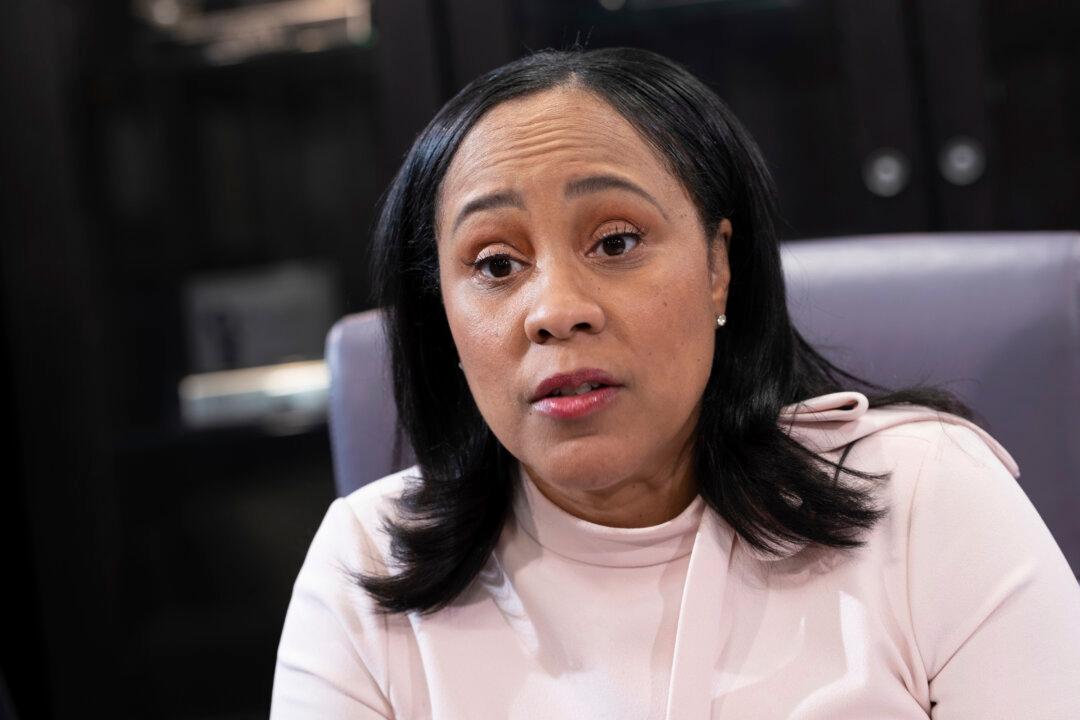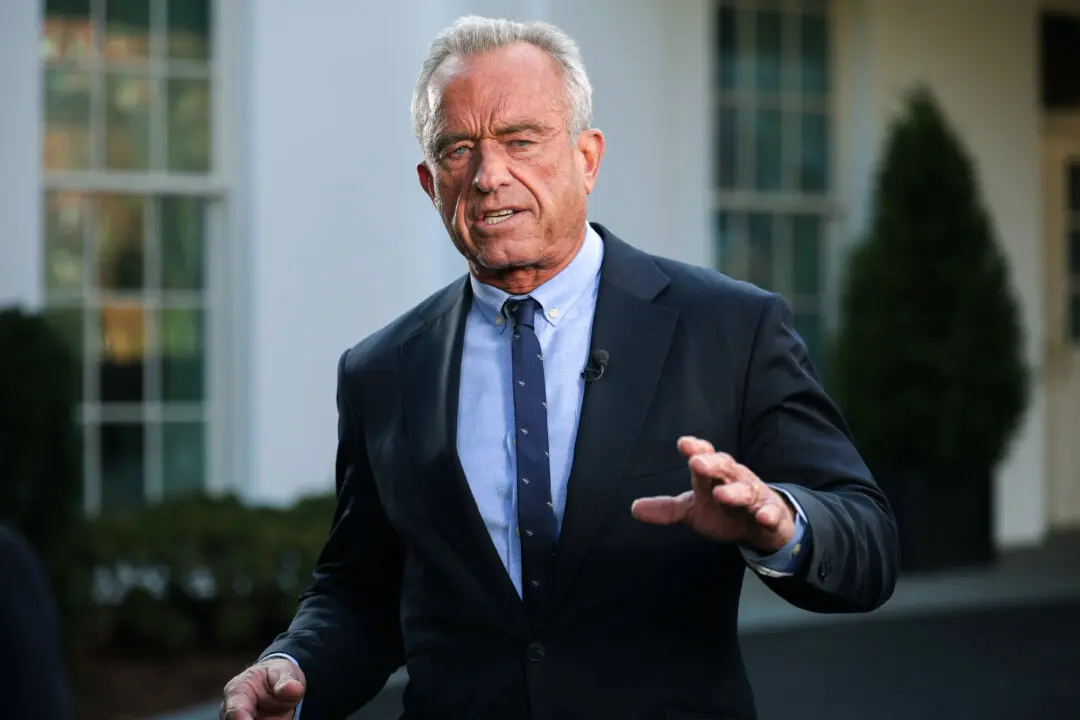A prosecutor in Georgia investigating possible crimes related to the 2020 presidential election is urging the U.S. Supreme Court to allow questioning of Sen. Lindsey Graham (R-S.C.).

Fulton County Georgia District Attorney Fani Willis in her office on Jan. 4, 2022. Ben Gray/AP Photo
Zachary Stieber is a senior reporter for The Epoch Times based in Maryland. He covers U.S. and world news. Contact Zachary at [email protected]
Author’s Selected Articles




